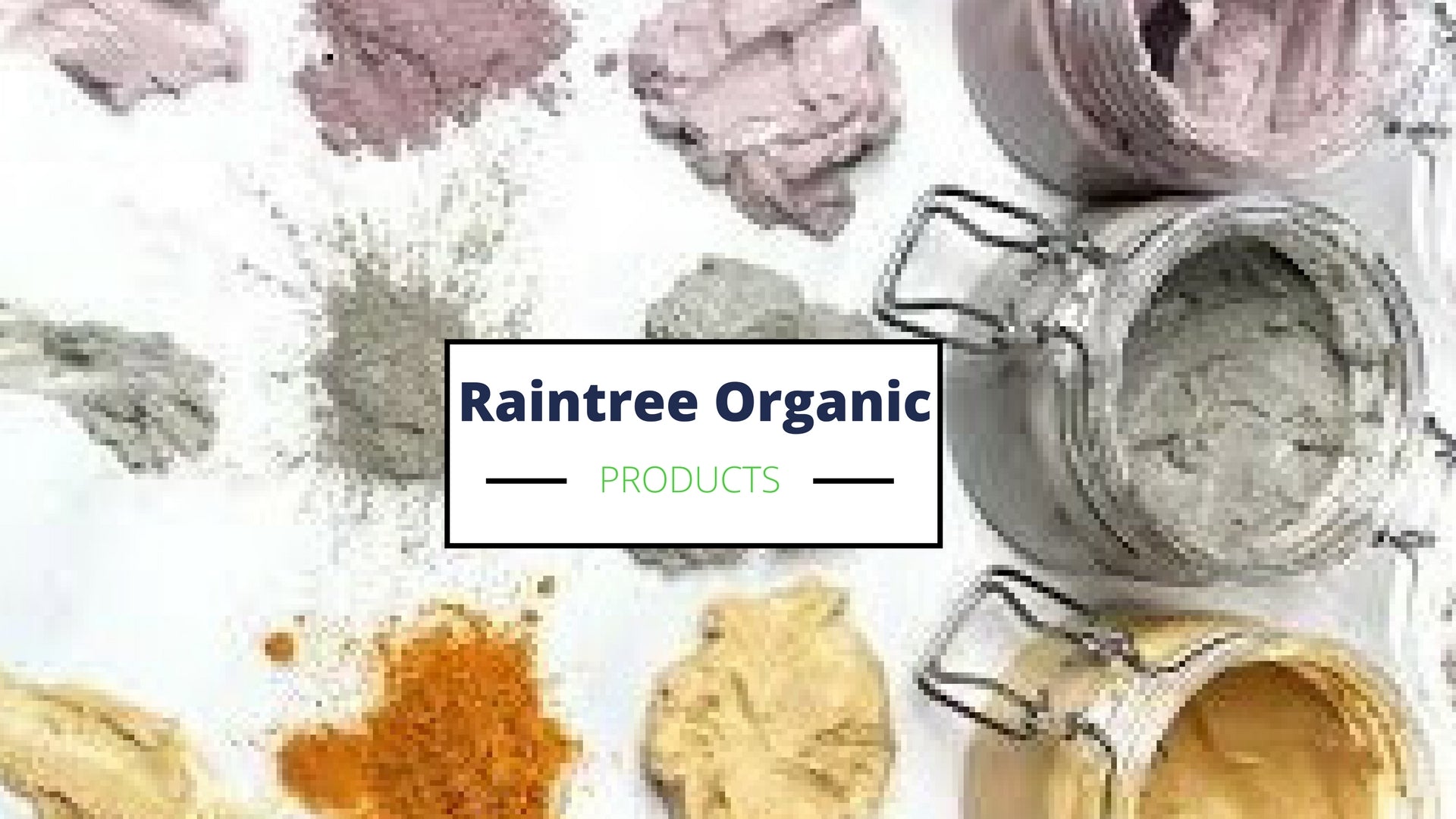Benifits oft the Calendula flower
Calendula flower, also known as pot marigold, has been used in traditional medicine for hundreds of years. Compounds, oils, creams and tinctures of Calendula are one of the most trusted and widely used herbal remedies in an alternative practitioner's toolbox. Calendula has antibacterial and anti-inflammatory properties, as well as being a strong antiseptic and astringent. Calendula is used in cream to treat minor skin problems, such as rashes, diaper rash, minor burns, acne and eczema. It is considered a vulnerary agent, a substance that promotes healing. It has been used for a variety of other skin problems such as, skin ulcers and inflammation and for relieving conjunctivitis. It has been reported to be effective in fighting fever, boils, abscesses, and recurrent vomiting. In a salve or tincture it has and continues to be used in connection with bruises, sprains, pulled muscles, sores and more. Earaches respond well to Calendula herbal extracts, which both soothe the pain and combats infection. Calendula flower extract is wonderful when rubbed in a cream onto the face and skin, which may prevent wrinkles by stimulating the collagen production by the body. Gargling with Calendula can soothe sore throats and stop infections and the same solution can be used as a mouthwash for infected gums and other mouth problems. The Massachusetts College of Pharmacy and Health Sciences says that Calendula consumed seven days before a woman's menstrual cycle may alleviate the pain of cramps. It can also relieve the discomfort associated with indigestion, colitis and menopausal symptoms. There is some evidence that Calendula flower tincture can help treat certain types of cancers like Heren's Carcinoma when used with other herbs such as Echinacea purpurea.
Calendula Flower in tincture form, taken internally, promotes healing of ailments in the digestive tract. Some report it to be effective as a treatment for recurrent vomiting. It has been used to lessen the effects of ulcers in the stomach, mouth or throat. Calendula works by stimulating the lymphatic system and by reducing swelling and cleansing of toxins in the body. Calendula flower tincture also aids the body by helping to digest food, especially food that is high in fat. Since it is a "bitter", it will soothe indigestion and heartburn, as well as stimulate the liver and gallbladder, making it useful in treating hepatitis. Calendula is thought to be a great herbal remedy for colitis, stomach cramps, diarrhea and protects the lining of the stomach and intestines by inhibiting the cause of inflammation and swelling, and by limiting the effects of the bacteria associated with gastritis, peptic ulcers and stomach cancer and works against Helicobactor pylori, a bacterium connected with peptic ulcer.
Calendula also has anti-inflammatory and antibacterial activity and the most well-known health benefits are for those dealing with skin ailments of all kinds. Unless the user is allergic to this plant there have been no reports of side-effects or drug interactions when using this medicinal herb. It is often used topically for lacerations, abrasions, boils, lesions and other infections. Calendula flower used in creams is a wonderful treatment on the face and skin as well, and may help reduce and prevent wrinkles by stimulating collagen production in the body. It can be used as a natural moisturizer and is very soothing to irritated chapped and sun-damaged skin. Calendula is also recommended for its use in treating varicose veins, chronic ulcers, capillary engorgement, and congestion.
Calendula provides one of its greatest benefits in relieving eruptive skin disorders such as shingles, and warts from viral infections. Calendula is considered to be an effective detoxifying herb that can help with the toxicity associated with many severe fevers and infections. The fungicidal properties found in Calendula flower extract, make it a popular antiseptic herbal remedy. The astringent qualities help the capillaries function better; thus accelerating the treatment of physical wounds, cuts, abrasions, insect bites, muscle pains, bruises, varicose veins and other inflammatory disorders of the body. Calendula also helps alleviate skin infections such as, fungi, ringworm, athlete's foot and thrush. Calendula extract is gentle enough for babie's use to ease cradle cap, diaper rash and nursing mother's sore nipples. It has been used effectively in a sitz bath for genital inflammations or hemorrhoids. It has been recommended as a use in an ointment for first-degree burns and sunburns. It has healthy influences on oily skin and normalizes the activity of the sebaceous glands and is useful for oily hair as well as, reducing dandruff. This plant has strong antibacterial properties that work against some pathogens particularly streptococci and staphyloccoci.
Calendula is often recommended for the treatment for ear infections. Studies have shown Calendula flower extracts offer as much pain relief for ear infection as some non-herbal eardrops. Earaches often respond well to a Calendula treatment which both eases the pain and combats infection. A few drops in the ear are a common and often effective treatment.
Not only is this herb considered a vulnerary, antimicrobial, and anti-inflammatory, but it is also useful as an emmenagogue, both regulating and balancing painful and irregular menstrual cycles. Of all the marigold benefits, this is perhaps the most interesting, as the flower blooms on a monthly basis. This tincture can also be an excellent herb for treating anemia.
Calendula's high molecular weight polysaccharides stimulate the immune system activity and has been researched and was determined to have some potential therapeutic activity against the human immunodeficiency virus (HIV-1) in vitro, and reduced HIV transcriptase in a dose and time-dependent manner.
More recently scientists have investigated Calendula tincture for possible anti-cancer and antiviral actions this herb may possess. The most recent studies involving marigold seek to isolate its role and there has been some evidence that Calendula flower can help treat some forms of cancers like Heren's carcinoma. Researchers from Universidad de Granada, Spain demonstrated its effects on tumor cell lines derived from leukemias, melanomas, fibrosarcomas, breast, prostate, cervix, lung, pancreas and colorectal cancers. The inhibition of these cancer cells ranged from 70% to 100%. Also tests suggested Calendula may help prevent dermatitis in breast cancer patients during radiation. In one small study of about 250 women undergoing radiation therapy after surgery for breast cancer, commercial Calendula ointment reduced the amount of skin irritation better than another commonly used commercial preparation. Women who used Calendula ointment also reported less pain from radiation.
Ingredients: Calendula flower, Distilled Water, 20% Alcohol
Instructions: Use 6-12 drops in juice, water or under the tongue or as desired. May be taken three times daily. Store in a cool dark place. Keep out of reach of children.
Contraindications: Do not use while pregnant. Calendula may cause an allergic reaction in people who are sensitive to Asteraceae/Compositae family. Calendula might cause too much drowsiness if combined with medications used during or after surgery and with sedatives.
Disclaimer: The information presented herein by New Way Herbs is intended for educational purposes only. These statements have not been evaluated by the FDA and are not intended to diagnose, cure, treat or prevent disease. Individual results may vary, and before using any supplements, it is always advisable to consult with your own health care provider.
Benefits of Calendula Oil
Calendula oil is traditionally used for abdominal cramps and constipation.11 It's your skin that will receive a good bulk of the benefits, thanks to the oil's anti-inflammatory, antibacterial, and related properties. Here are some of the promoted benefits of this oil:12
- Skin dryness or chapping – Calendula oil is a great moisturizer for dry skin and for severely chapped or split skin. It soothes the area and reduces the pain.
- Inflammation – It works well on swelling sprained muscles or bruises; its anti-inflammatory action helps lessen swelling from injury. Calendula oil also helps treat spider veins, varicose veins, leg ulcers, and chilblains.
- Baby care – The oil helps relief diaper rashes, which can extremely irritate an infant.
- Minor cuts and wounds – The antiseptic and antimicrobial action of the oil help speed up healing of wounds and minor cuts, and also benefit insect bites, acne, and bed sores.
- Skin issues – Eczema, psoriasis, dermatitis, and other skin problems can be soothed using calendula oil, applied topically. Calendula oil's antifungal action is also great for treating athlete's foot,
How to Make Calendula Oil
Calendula oil is extracted by steam distillation.13 There is almost no way to obtain 100 percent pure calendula essential oil, so this makes calendula essential oil an infusion and not a pure extract.14 In order to get the oil from the flower, the petals are steeped in oil, preferably olive oil. The oil left over when distillation is done is calendula oil, which should be a golden orange color.
You can create homemade calendula oil using the following instructions from Keeper of the Home.15
What you will need:
- Dried calendula petals
- Carrier oil (olive oil, almond oil, or sunflower oil are some great options)
- A clean glass jar with a lid
There are two methods to infuse the oil:
- Cold infusion method – This is the usually preferred techniques because it protects the delicate calendula from heat damage.
- Put your desired amount of dried calendula petals in a clean, dry glass jar.
- Fill the jar with your carrier oil of choice to cover the petals by an inch.
- Put in a sunny place to infuse for four weeks.
- Drain the petals from the oil and store the oil in a container with a lid for up to one year.
- Hot infusion method – This method is much quicker than the cold infusion method but won't have the same strength because of the presence of heat.
- Put your desired amount of dried calendula petals in a clean, dry glass jar.
- Fill the jar with your carrier oil of choice to cover the petals by an inch.
- Dump the entire contents of the jar (the petals and the oil) in a small saucepan or slow cookers. Heat on low for four hours, stirring occasionally.
- Let cool. Drain the petals from the oil and store the oil in a container with a lid for up to one year.
You can use the homemade calendula oil as an after-bath body oil, salve,16 baby oil, lotion,17 or home remedy for dry skin, inflamed areas, or rashes.
How Does Calendula Oil Work?
Calendula oil is used in various products, oftentimes as a great base for lotions, salves, creams, several natural cosmetics and personal care products, and herbal ointments. It also very commonly works as a base oil in aromatherapy. Furthermore, you can use calendula oil in an all-natural herbal hair color recipe.18
You can create an infused oil by filling a jar with the dried flowers, which you cover with a carrier oil.19 You can get more out of these flowers by macerating the mixture in a blender. Leave it infused for two weeks or more to extract the flowers' beneficial properties. When ready to use, filter the oil through cheesecloth, and use it directly in a balm or as part of a homemade cream or lotion.
Is Calendula Oil Safe?
Calendula oil is generally safe for use, but I advise you to heed the following safety guidelines and considerations:20
- Pregnant and breastfeeding women should generally avoid using calendula oil. Do not take calendula by mouth, as there is a concern that it might cause a miscarriage. Avoid topical use as well.
An allergic reaction may occur in individuals who are sensitivity to ragweed and related plants, such as marigolds, chrysanthemums, and daisies. Before using calendula oil, check with your doctor if you have allergies.
- Combined with medications used during and after surgery, calendula use might cause too much drowsiness and should be stopped at least two weeks before surgery.
Side Effects of Calendula Oil
ringworm, and jock itch.If you are not pregnant, nursing, allergic, or about to undergo surgery, you can use calendula oil with likely no side effect. It is best, however, to consult your healthcare provider, especially for therapeutic use.
Remember, though, that sedative medications or CNS depressants interact with calendula. The plant extract might cause sleepiness and drowsiness, and taking it with sedative drugs might result in excess sleepiness. Some sedative drugs include clonazepam, (Klonopin), phenobarbital (Donnatal), and zolpidem (Ambien). I advise you to also explore safe, natural ways to get a good night's sleep




